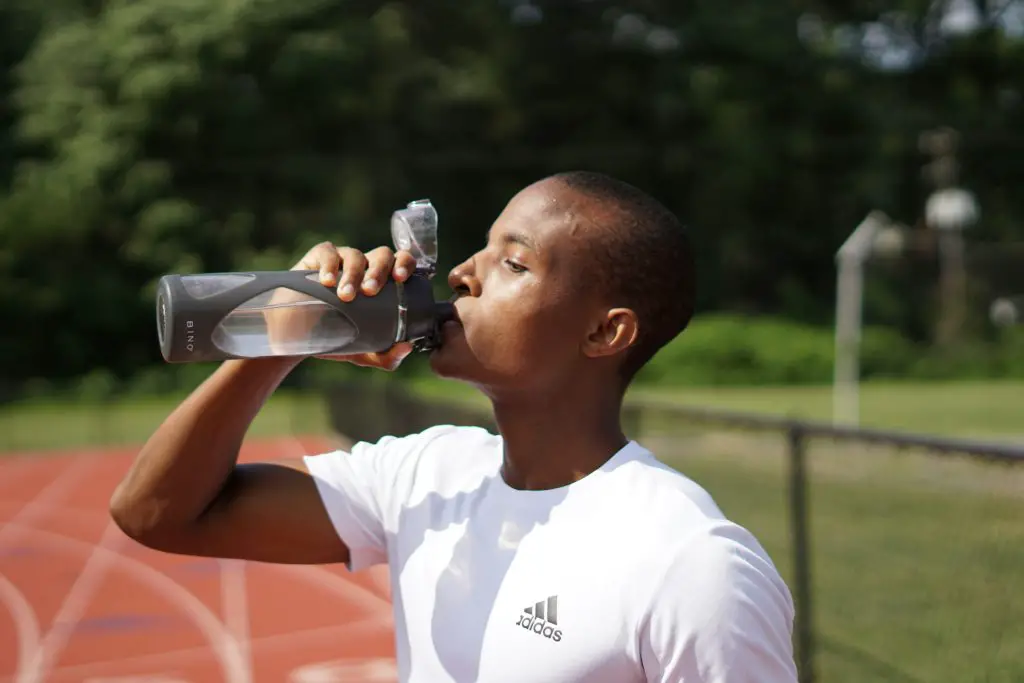Table of Contents
In the flow of life, water nourishes not just our physical wellness, but our overall vitality.
Take a step on a journey to learn how water affects your health and well-being. Water makes up more than 50% of your body weight and is involved in almost every aspect of your body. Hydration is the foundation of good health, from controlling your body’s temperature and lubricating your joints to transporting nutrients and eliminating toxins.
In this guide, you’ll learn about the complex relationship between water and health. We’ll dive into the science of hydration, reveal its various benefits for different bodily systems, and give you practical tips on how to stay hydrated all day long. Don’t forget that prioritizing water is your investment in overall health, setting you up for a healthier, more vibrant life.
Understanding Hydration
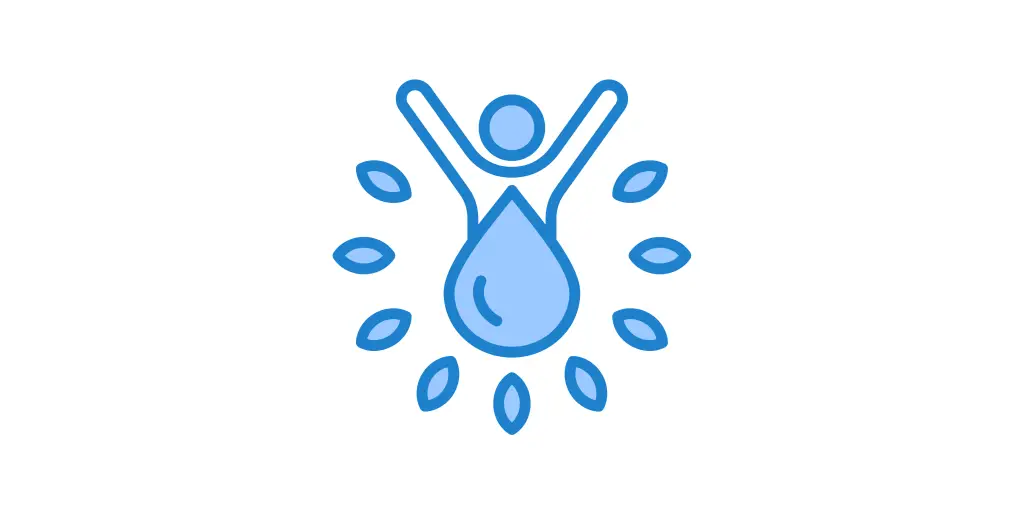
What is Hydration?
Hydration, the cornerstone of optimal health, revolves around maintaining a delicate balance of fluids within your body. This intricate process involves the continuous intake and utilization of fluids, primarily water, to compensate for those lost through various channels. Every cell, tissue, and organ relies on this constant replenishment to function effectively.
From transporting nutrients and regulating body temperature to lubricating joints and eliminating waste products, proper hydration orchestrates a symphony of essential physiological processes. By delving deeper into this concept, you’ll gain a profound appreciation for the invisible yet impactful role hydration plays in maintaining your well-being.
Why is Hydration Important?
Water plays a vital role in a variety of bodily functions. For example, it helps with temperature regulation, nutrient and waste transfer, joint lubrication, brain function, digestion, and kidney health.
Dehydration can cause symptoms such as tiredness, headaches, and concentration problems. When you prioritize water, your body functions better.
Benefits of Proper Hydration
Enhanced Physical Performance

Dehydration disrupts your workout routine, causes muscle fatigue, reduces your endurance, and causes you to overheat. On the other hand, proper hydration improves your performance. Hydration delivers oxygen and nutrients directly to your muscles, improving their function and reducing fatigue. It also regulates your body temperature, which allows you to work out longer and harder. Whether you’re an experienced athlete or a fitness beginner, prioritize water to feel the power of movement and achieve your fitness goals.
Improved Cognitive Function

Dehydration reduces brainpower, which can lead to poor concentration, memory issues, and decreased alertness. Studies have shown that even mild dehydration can affect brain function.
On the other hand, proper hydration increases blood flow to your brain, which delivers essential nutrients and oxygen to your brain. This results in clearer thinking, better memory, and improved mental clarity.
So, whether you’re tackling a challenging task or just trying to get through your day, staying hydrated allows your brain to work at its best, enabling you to learn, reason, and perform at your best.
Healthy Skin

Water is one of the best ingredients for glowing skin. It lifts skin cells, increases elasticity, and leaves skin with a healthy glow. It also helps flush toxins from your body and keeps your skin moist and supple. On the other hand, dryness, flaking, and wrinkles are the result of dehydration. So, make water your number one priority. It nourishes your skin from the inside out and gives you a healthy, radiant complexion that speaks to your overall health. Remember: water is your best friend.
Strategies for Ensuring Proper Hydration
Drink an Adequate Amount of Water Daily
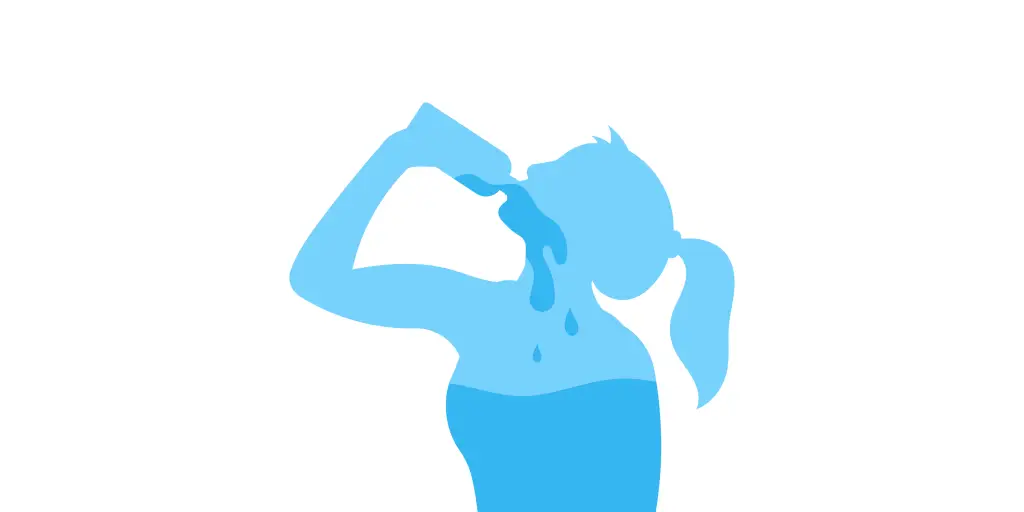
While the “eight glasses a day” rule is a good starting point, everyone’s needs are different. Your age, gender, level of activity, and climate all play a role in how much water you need. Listen to your body’s signals. Children and older adults tend to need less water than young adults. Men tend to need more water than women.
Activity or hot weather increases the need for water. Don’t just rely on thirst to tell you how much water to drink. Sip water throughout the day. And keep an eye on urine color. Pale yellow is a good sign, dark means you’re dehydrated. By customizing your water intake, you’re empowering your body to work better and reap the benefits of proper hydration.
Monitor Urine Color
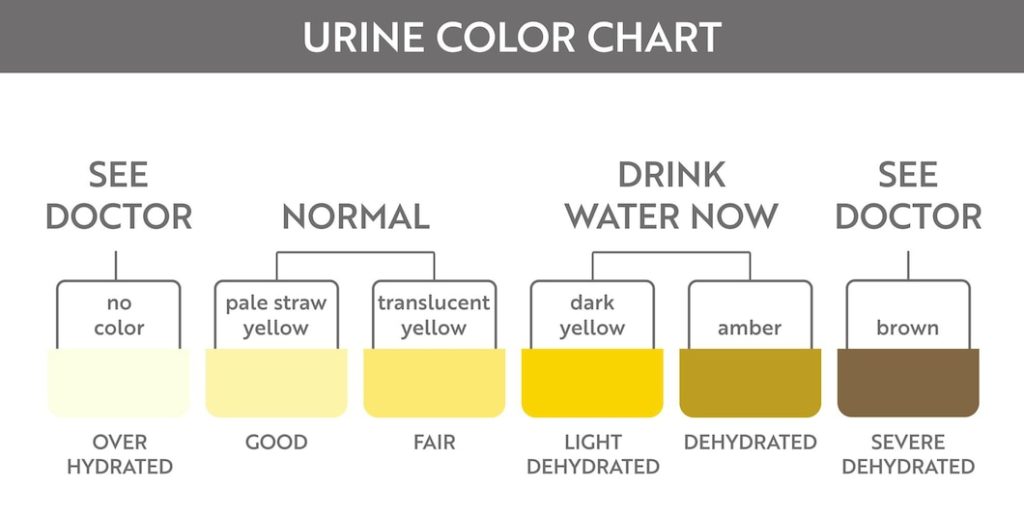
If you’re looking for a quick way to check your hydration status, look no further than urine color! When you’re well-hydrated, your urine will be pale yellow or nearly clear, like lemonade. This means your body has enough fluids to function properly. On the other hand, if your urine is dark yellow or even amber, it’s a sign that you’re dehydrated.
As your body’s fluid levels decrease, your urine concentrates, making it deeper in color. While urine color alone isn’t a reliable way to measure your hydration, it can be helpful to look at it alongside other factors such as thirst and fatigue. Wishing for pale yellow urine all day long is a sign you’re on the right path to staying hydrated and supporting your overall health.
Stay Hydrated During Exercise
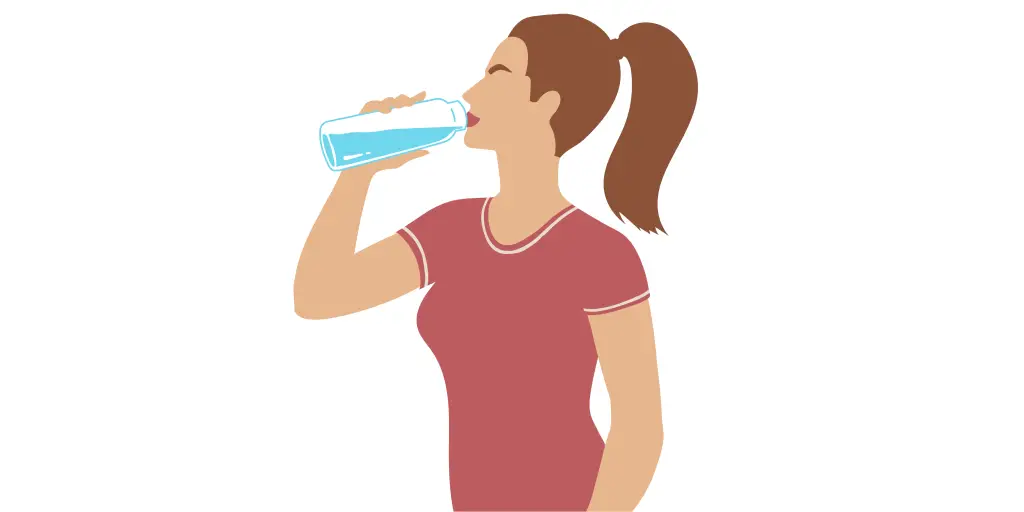
As you sweat, focus on hydration to power your workout and avoid dehydration. Sweating increases fluid loss, so it’s important to stay hydrated. Create a three-step hydration plan:
1. Pre-exercise: Drink 16-20 ounces two to three hours before your workout and 8 ounces 20 to 30 minutes before your workout.
2. During exercise: Take a sip of water every 15 to 20 minutes and aim for 7 to 10 ounces each time.
3. Post-exercise: Make up for lost fluids by drinking water or an electrolyte-containing beverage such as a sports drink, especially after long or intense workouts.
Be sure to listen to your thirst, but don’t wait until you’re feeling dehydrated to drink again. By following this consistent hydration plan, you’ll maximize your exercise performance, avoid fatigue, and help your body recover efficiently.
Eat Hydrating Foods
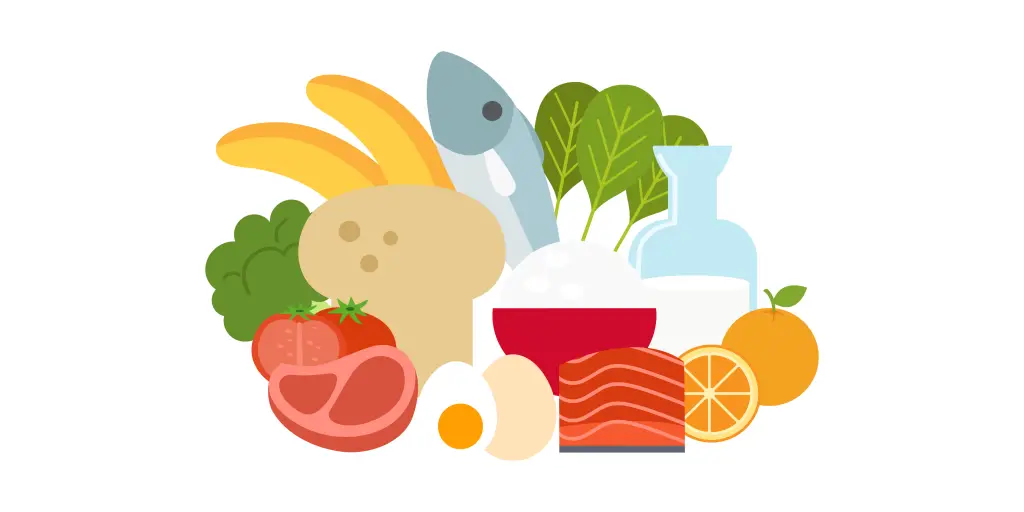
Water is the king of all things hydrated, but don’t underestimate your plate’s hydration potential. Include water-loving fruits and veggies in your diet and you’ll be well-hydrated for days to come. Fruits and vegetables that are naturally high in water are a great way to replenish your fluid intake. Think of melons, cucumbers, berries, and oranges, as well as leafy greens such as spinach – all of which have a high water content.
By incorporating these healthy foods into your daily diet, you’re not only adding to your fluid intake, but you’re also providing your body with vital vitamins, minerals, and fiber. So, get out there and explore the world of hydrated produce! Enjoy a delicious journey to optimum hydration.
Limit Dehydrating Beverages
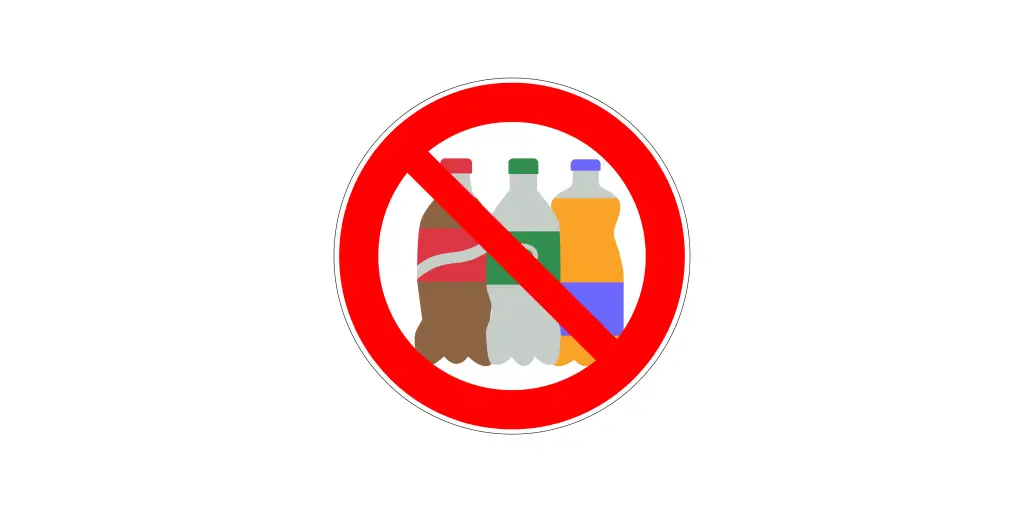
Be careful what you drink! Water is the best way to stay hydrated, but some drinks work against your hydration goals. Coffee, tea, soda, and alcoholic beverages are diuretics, which means they increase your urine production and cause you to lose fluid.
Even though they may initially satisfy your thirst, limit your intake of these drinks throughout your day. Keep in mind that these drinks don’t do much to help you stay hydrated and may even work against your water intake goals. Make water your favorite drink and cut down on dehydrating drinks to ensure your body gets the best hydration possible.
Set Hydration Goals
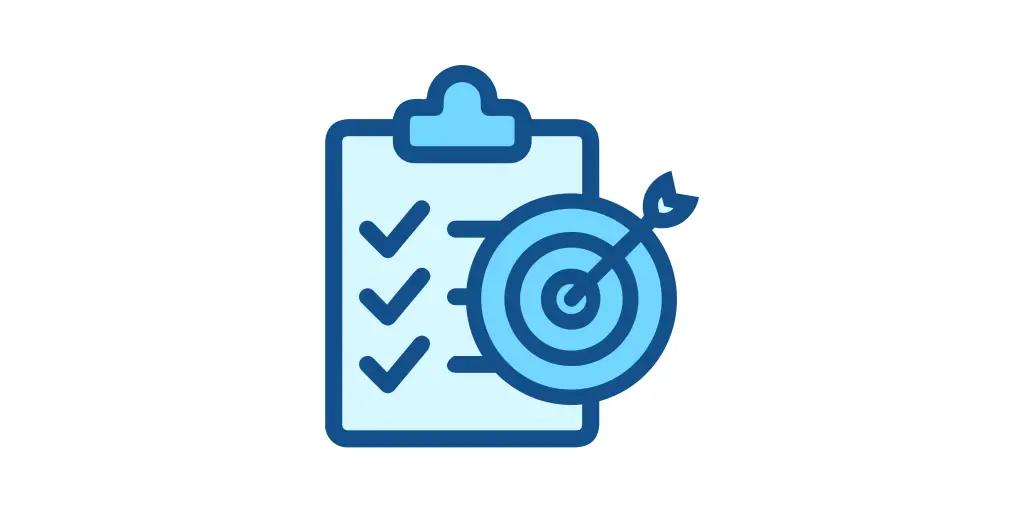
Turn your good intentions into action by creating custom hydration goals. Define your fluid needs based on your age, activity level, and climate. Use tools such as water bottles with measurement labels or hydration apps that track your water consumption throughout the day. Visual cues and reminders make it easier to stay on track and reach your daily hydration goal.
Celebrate successes and adjust goals as necessary to find a healthy, consistent routine that works for you. Consistency is key! By setting realistic goals and using useful tools, you can set yourself up for success in prioritizing hydration and reap the many benefits it brings to your overall health and wellness.
Conclusion
Begin your journey to optimal health and wellness by focusing on hydration. Hydration is the foundation of wellness and plays a critical role in regulating body temperature, transporting nutrients, lubricating joints, supporting organ function, and more. If you’re new to hydration, it’s important to understand the science behind it and its many benefits. Once you understand how hydration works, you’ll be able to make informed decisions that nourish you from the inside out.
Also Read: Better Quality Sleep: Health Boost Unleashed
Quick Answers
How much water should I drink each day?
The recommended daily water intake varies depending on factors such as age, gender, body weight, activity level, and climate. As a general guideline, aim to drink at least eight glasses of water per day, but adjust based on individual needs and lifestyle factors.
Can I stay hydrated by drinking other beverages besides water?
While water is the best choice for staying hydrated, other beverages such as herbal tea, milk, and 100% fruit juice can contribute to overall fluid intake. However, be mindful of caffeinated and alcoholic beverages, which can have diuretic effects and increase fluid loss.
How can I tell if I’m dehydrated?
Common signs of dehydration include thirst, dark yellow urine, dry mouth, fatigue, headache, dizziness, and decreased urine output. If you experience any of these symptoms, increase fluid intake and seek shade or a cooler environment if outdoors.
Are there any health conditions that increase the risk of dehydration?
Certain health conditions such as diabetes, kidney disease, and gastrointestinal illnesses can increase the risk of dehydration. Individuals with these conditions may need to monitor fluid intake more closely and consult with a healthcare professional for personalized hydration recommendations.
